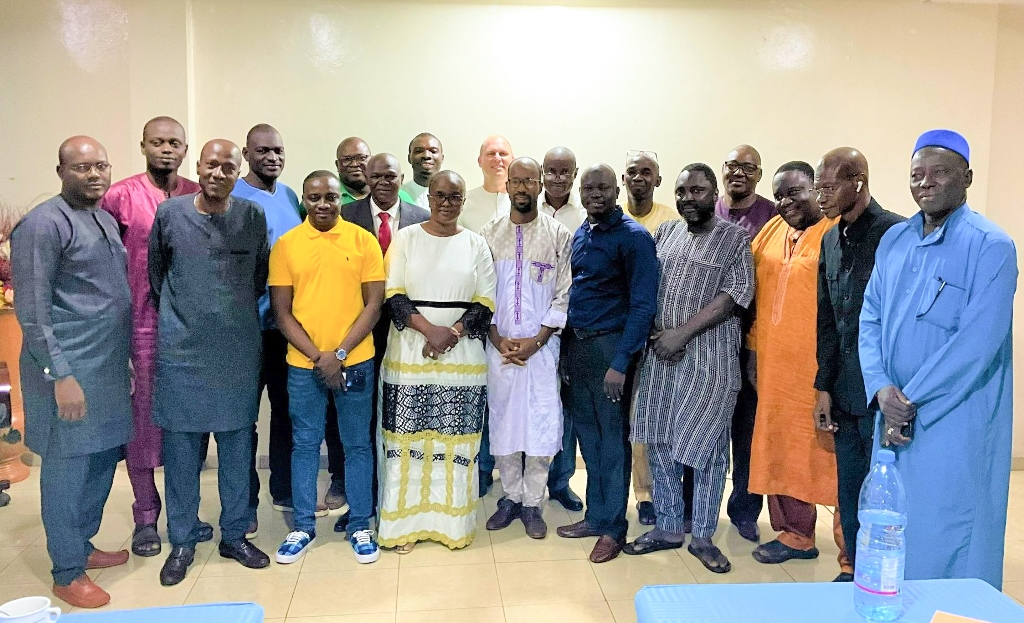Empowering Rural Farmers through Innovative Village Input Fairs: A Roundtable Discussion in Mali
In a bid to address the pressing challenges faced by small-scale farmers in Low- and Middle-Income Countries, village input fairs (VIFs) have emerged as an innovative solution. With nearly 70% of households in Mali encountering obstacles in obtaining essential agricultural inputs within their villages, VIFs offer a glimmer of hope. Spearheaded by researchers Andrew Dillon and Nicolo Tomasseli in collaboration with Innovations for Poverty Action (IPA), this novel approach is set to revolutionize agricultural access and boost rural economies.
The recent milestone of a year-long scaling effort culminated in a pivotal roundtable discussion on July 17th, 2023. Held in Bamako, the event brought together a diverse array of stakeholders, including microfinance institutions, small-scale farmers, agro-dealers, NGOs, and agricultural experts. Central to the discourse was the VIFs model - a beacon of hope amidst the challenges faced by local farmers.
At this round table, participants had the opportunity to explore the innovation and opportunity offered by the VIFs model for the adoption of agricultural innovations in Mali. It further gives them the opportunity to share a common vision for a more successful agricultural future. Finally, it helped project staff and other stakeholders to define the next steps, which are the reinforcement of coordination between actors, instilling an entrepreneurial spirit, the expansion or development of an appropriate marketing strategy, the optimization of credit mechanisms, and the scaling up of the VIFs to other regions. These are the commitments for scaling up VIFs for the coming agricultural season.
Since the opening of a country office in Mali in 2009, IPA has conducted research in the areas of agriculture, education, governance, and health. The VIFs pilot project has already achieved promising results in Burkina Faso and Mali, prompting its extension to 150 villages in Mali. This extension aims to further assess the impact of this innovation on agricultural yields and farmers' well-being.













